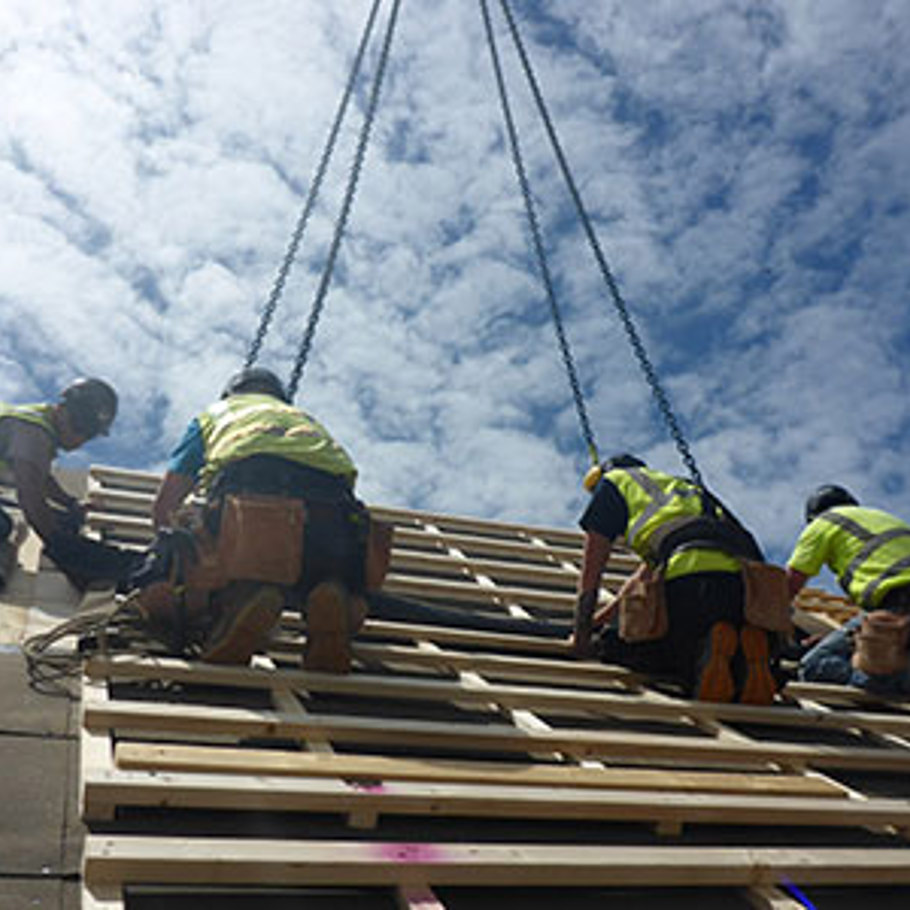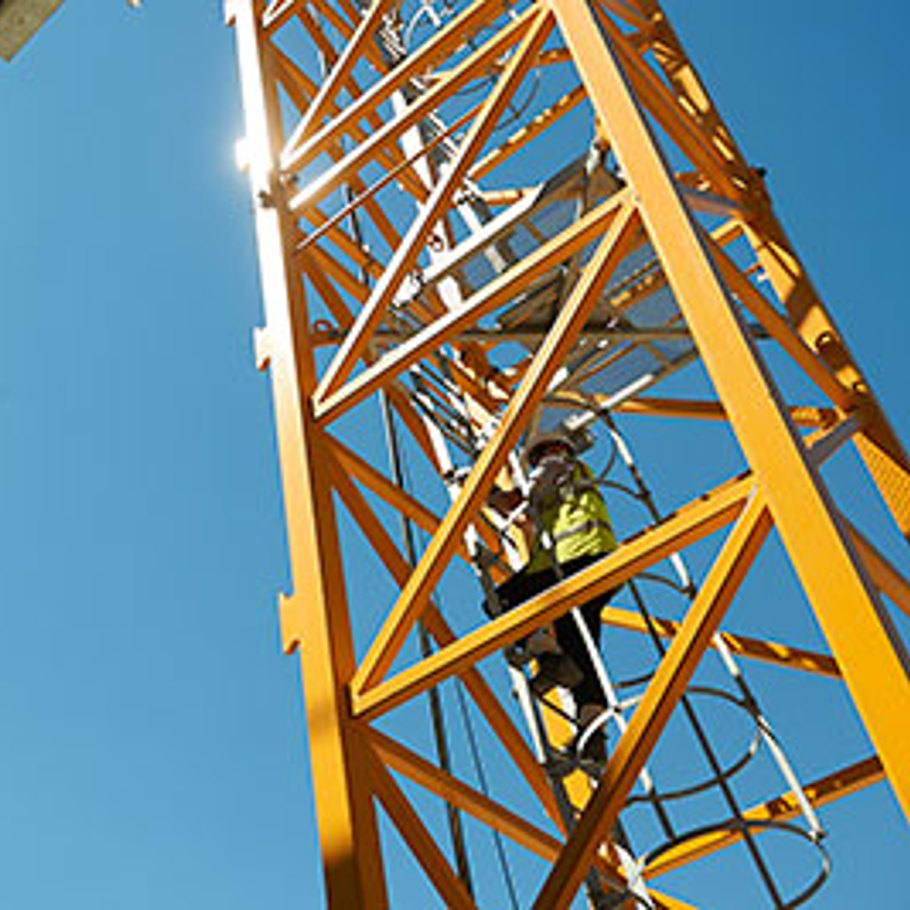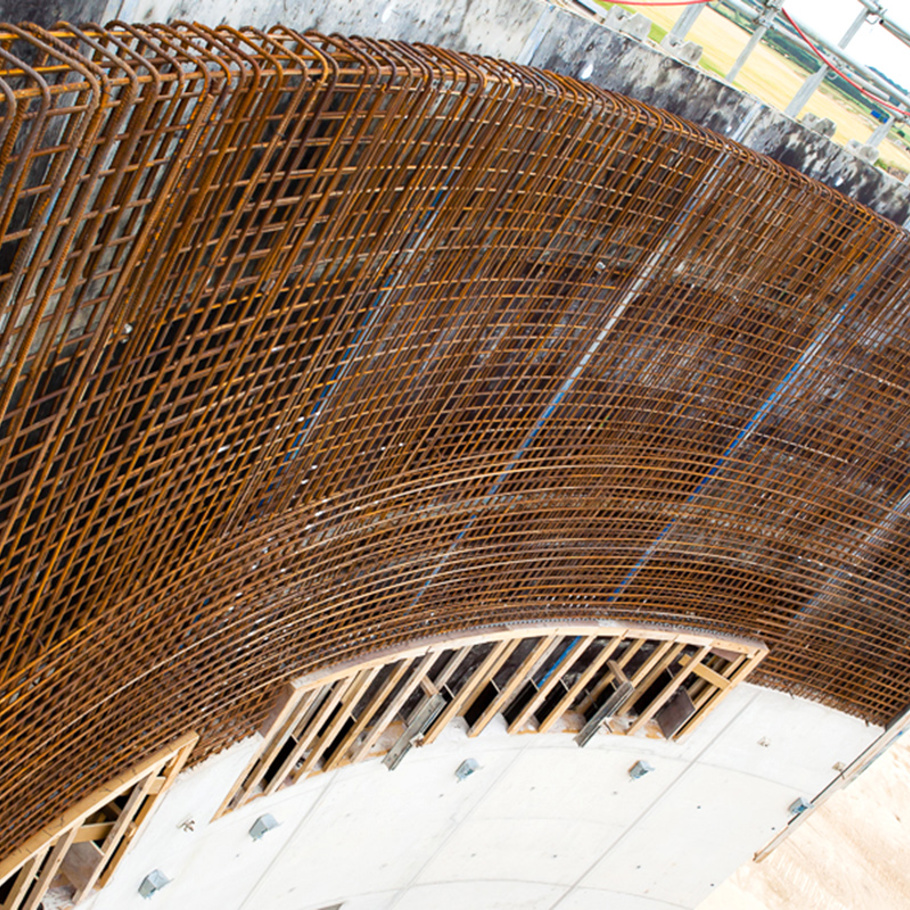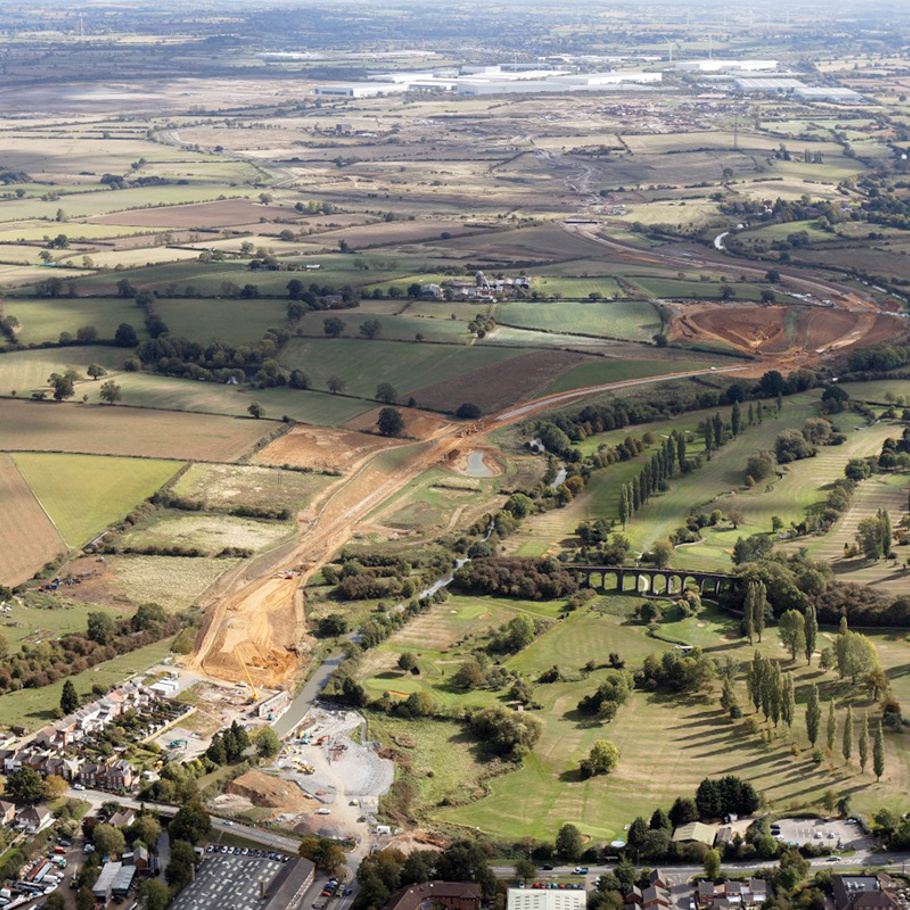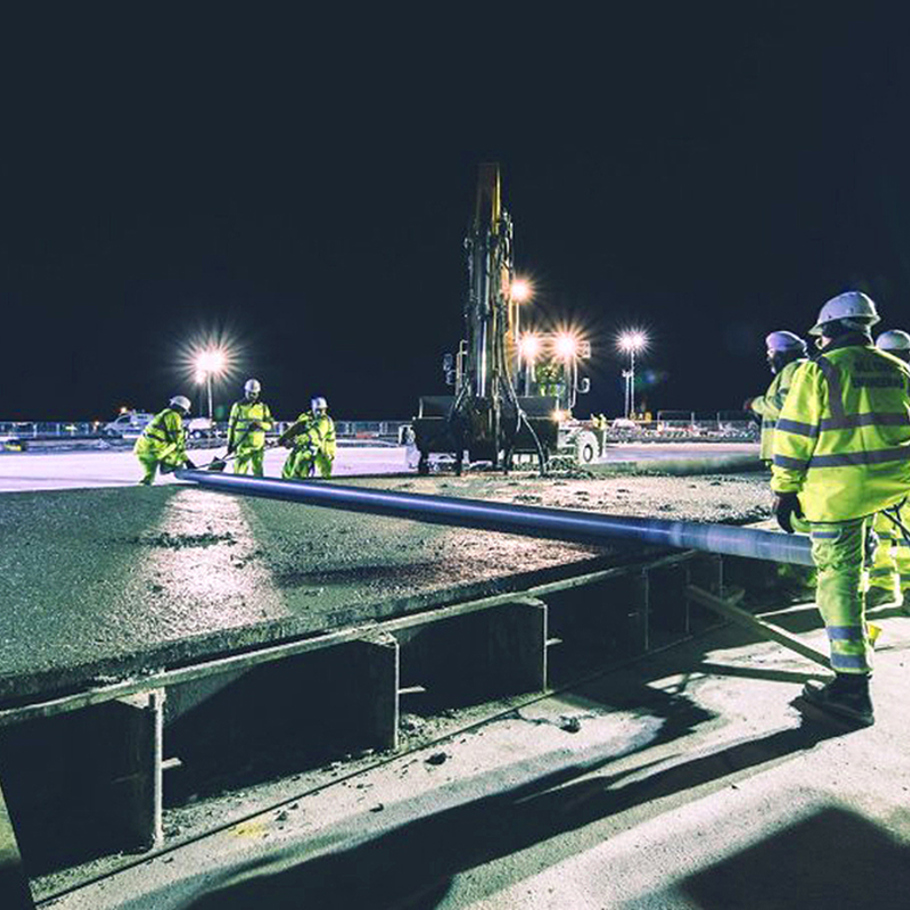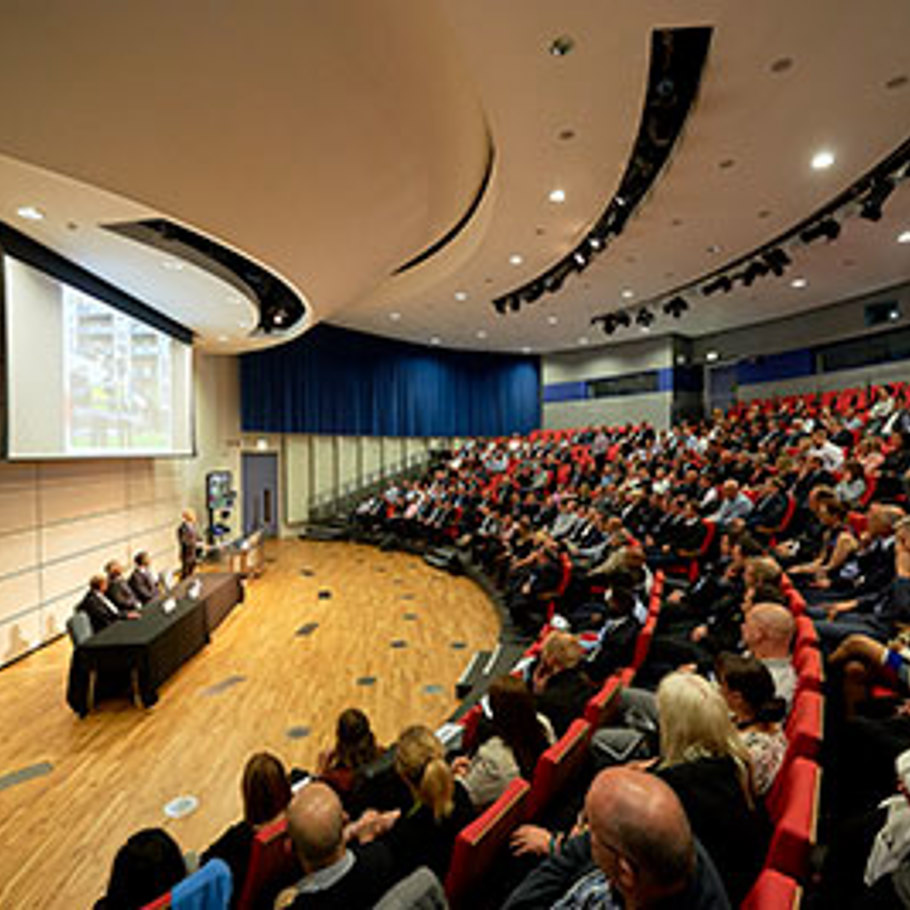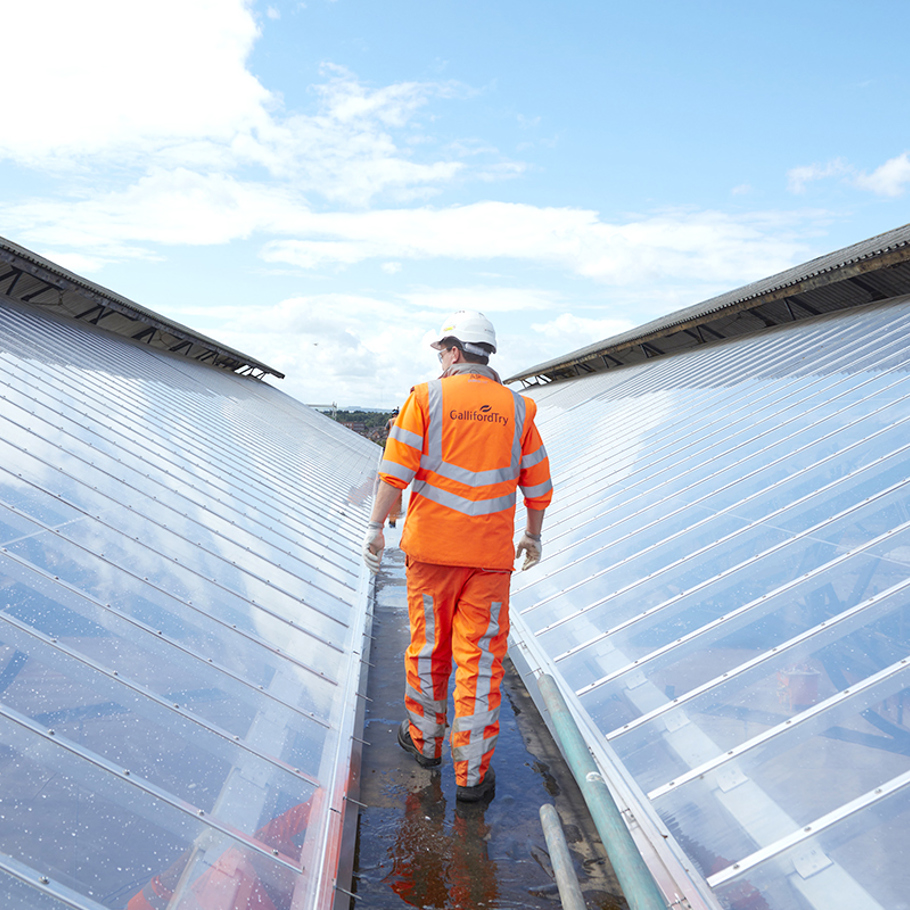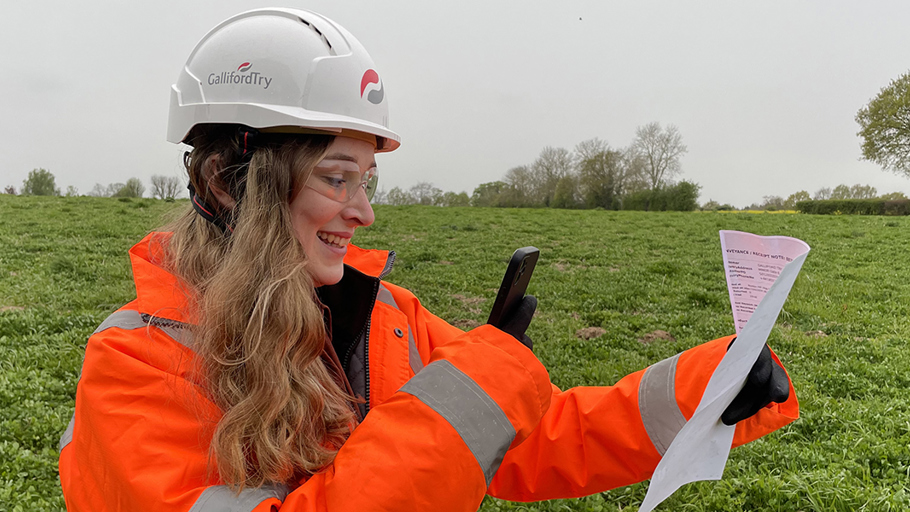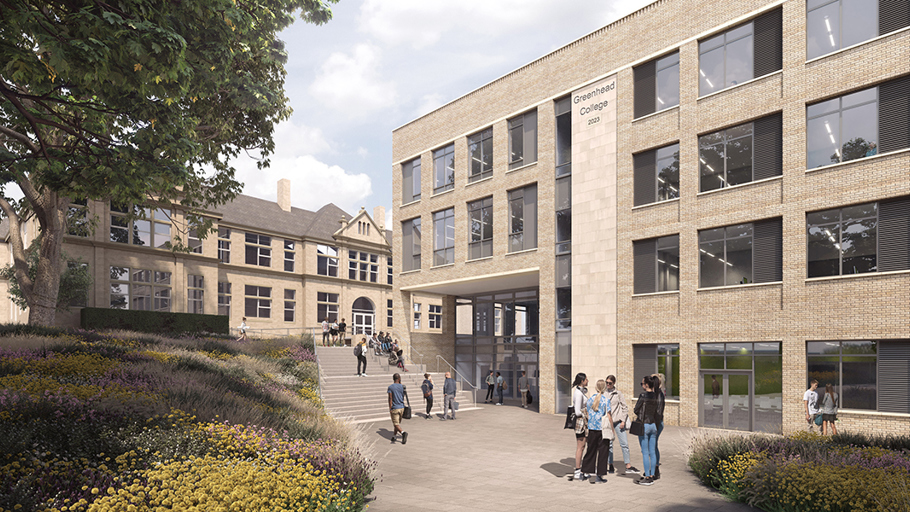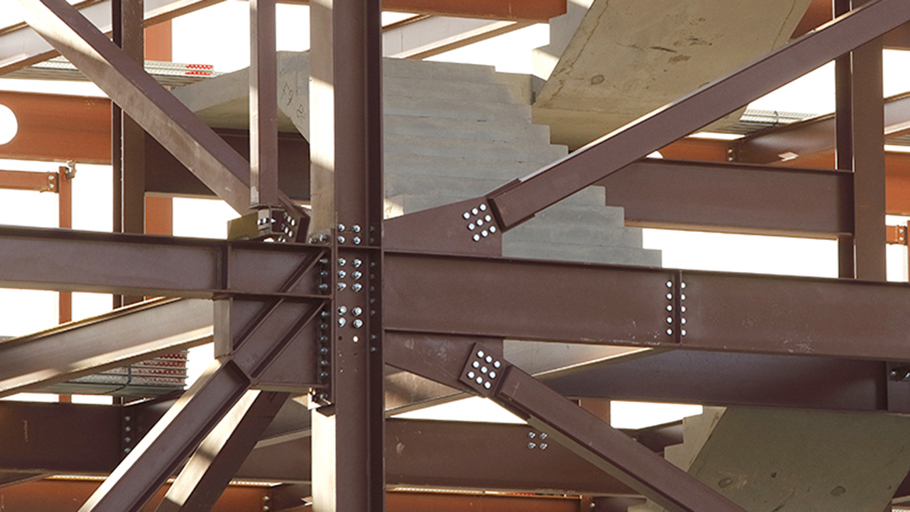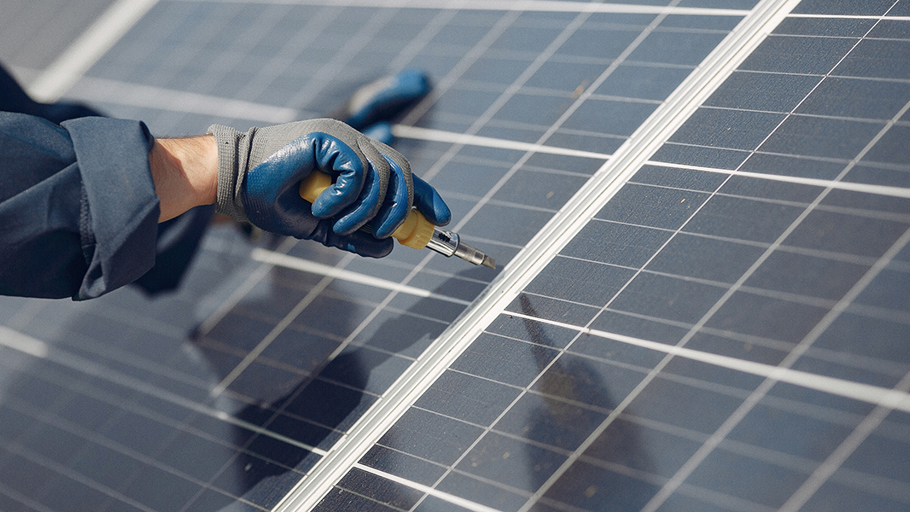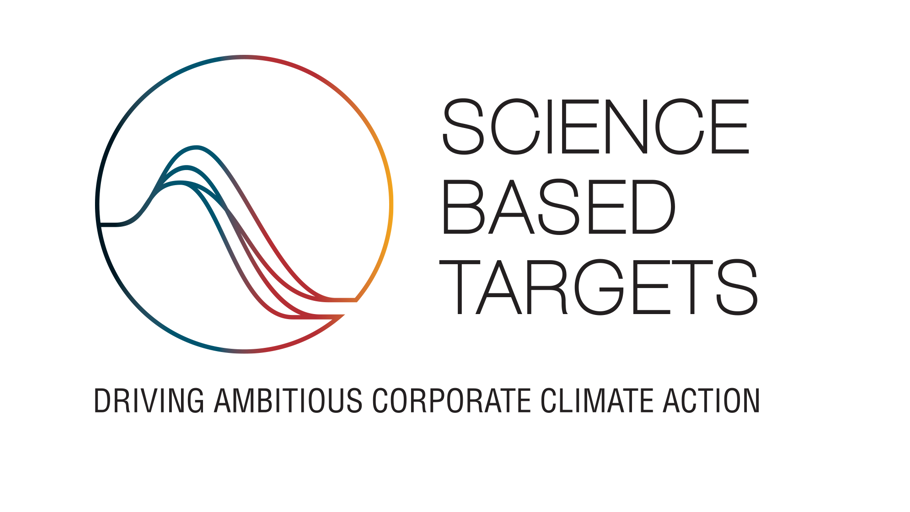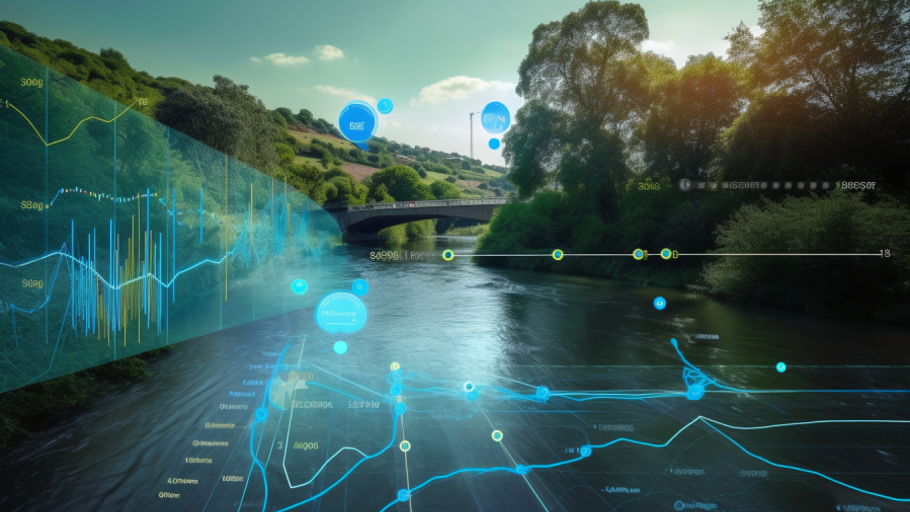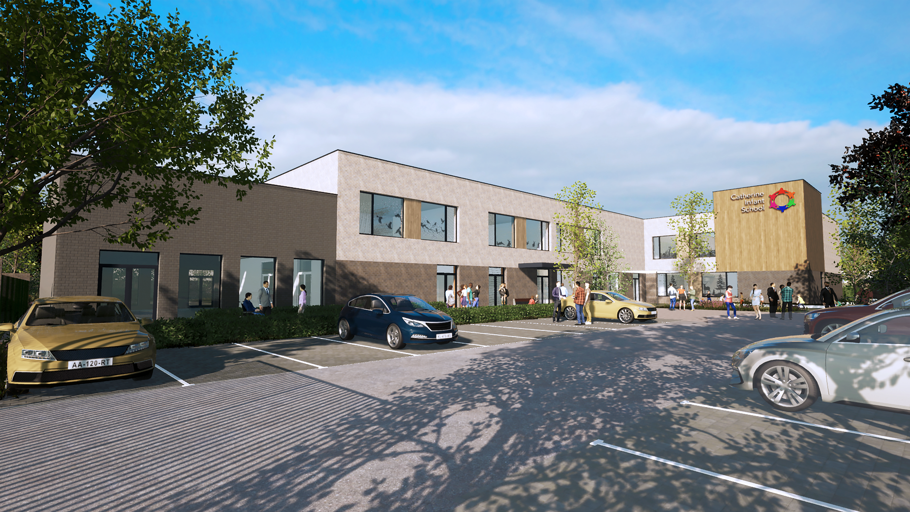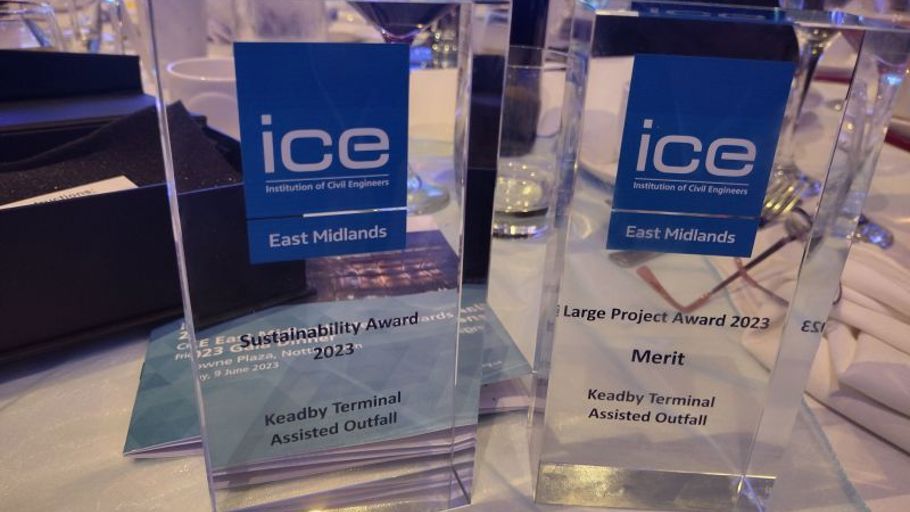Supporting our clients with their carbon ambitions
Our investment in understanding and reducing carbon is increasingly enabling our clients to achieve their objectives of lower carbon, cost and faster delivery while achieving high quality.
Our focus is on how we can design, build and maintain low carbon infrastructure and buildings through selection of materials and construction methodologies, operational energy consumption and, where relevant, end-of-life decommissioning, working closely with clients, designers, supply chain and clients.
The opportunity for carbon reduction goes beyond new buildings. The UK Green Building Council estimate that 80% of the buildings that will exist in 2050 have already been built and many of these won’t meet the energy efficiency standards of the buildings we are designing today. The combined skills of our facilities management and construction businesses means that we’re well-placed to retrofit existing building stock to support our clients as they seek to reduce their energy use and carbon footprint. Similarly, our asset optimisation complement this skillset, offering clients a way to increase the lifespan of their schemes, reducing capital and upgrade costs.
Our adoption of carbon calculator tools, will allow the business to integrate carbon calculation with its BIM strategy and suite of digital tools, assisting both project teams and Galliford Try’s Carbon Reduction Working Group to bring real focus and value to our clients and projects in carbon management and reduction.
Our focus on digitalisation, is a key enabler of carbon reduction and we have adopted life cycle assessment software that helps calculate the carbon involved across the full life cycle of a project and reduce the environmental impacts of buildings and infrastructure.


